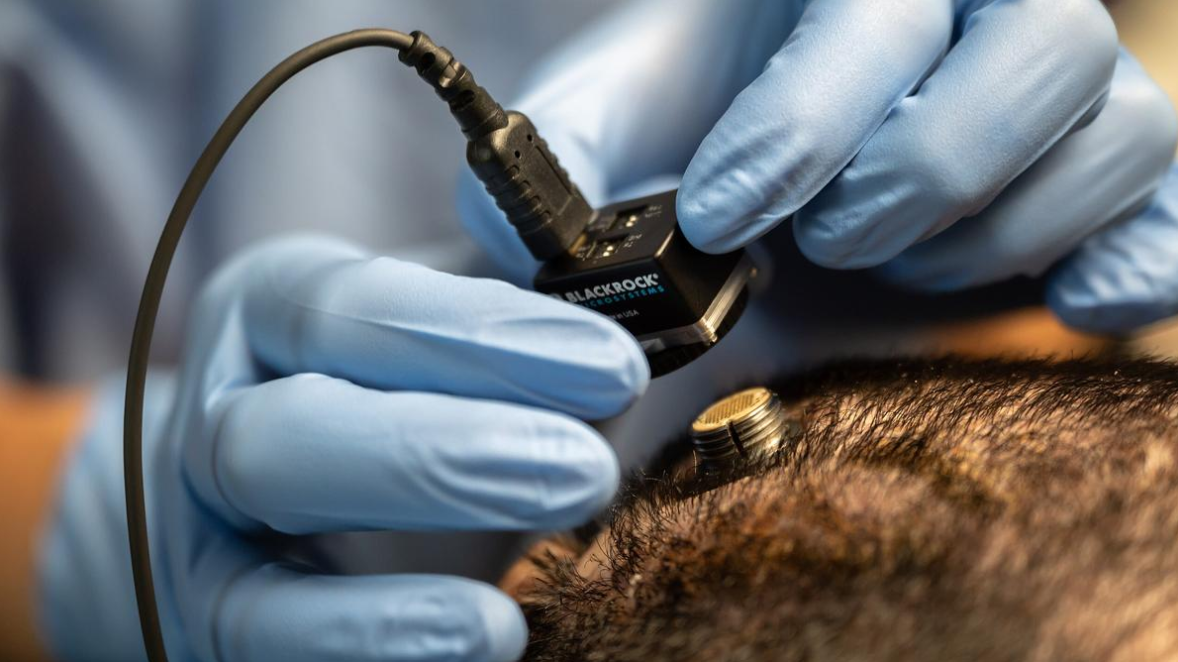



Lab-grown babies involve creating embryos using stem cells to bypass natural fertilization or IVF. In Vitro Gametogenesis (IVG) enables sperm and eggs to be created from stem cells. This revolutionary technology could address infertility and genetic disorders, but it raises significant ethical, cultural, and regulatory concerns.

Copyright infringement not intended
Picture Courtesy: linkedin
Lab-grown babies from stem cells represent revolutionary advancements in reproductive medicine.
The term "lab-grown babies" refers to the potential creation of human embryos or fully developed babies using advanced stem cell technology, bypassing traditional methods of conception like natural fertilization or IVF. This involves using stem cells to create gametes (sperm and eggs) or even entire embryos in a laboratory setting.
Stem cells are undifferentiated cells that can develop into any type of cell in the body, including reproductive cells (sperm and eggs). Scientists can reprogram adult cells (like skin cells) into induced pluripotent stem cells (iPSCs), which can then be directed to become sperm or egg cells.
In Vitro Gametogenesis (IVG) is the process of creating sperm and eggs from stem cells in a lab. This technology could allow individuals who cannot produce viable gametes due to infertility, genetic conditions, or other reasons to have biological children.
Lab-created sperm and egg cells can be combined to form an embryo in a laboratory setting. This embryo can then be implanted into a uterus or grown in an artificial womb.
Artificial wombs are devices designed to support the growth of an embryo outside the human body. While still in early stages of development, this technology could eliminate the need for a surrogate or biological mother.
Creating embryos in a lab raises questions about the moral status of these embryos and the potential for misuse, such as creating "designer babies" with enhanced traits.
In a diverse country like India, cultural and religious beliefs about reproduction and the sanctity of life could impact the acceptance of this technology.
Lab-grown babies could revolutionize reproductive medicine, offering new possibilities for addressing infertility, genetic disorders, and enabling same-sex couples and single individuals to have biological children.
While stem cell-based reproduction represents a significant leap forward in reproductive science, it also raises profound ethical, social, and regulatory questions. Balancing innovation with careful consideration of its implications will be crucial as research progresses.
Must Read Articles:
Source:
|
PRACTICE QUESTION Q.Critically analyze the ethical concerns associated with lab-grown babies. 150 words |






© 2025 iasgyan. All right reserved